Bio-based plastic – Stellantis to invest €1.5B in Leapmotor for 20% share; JV for products outside China; global EV relationship 28-10-2023
Bio-based plastic
European plastics manufacturers reveal roadmap into circularity for plastics
Plastics Europe and its members have agreed on a ‘Plastics Transition’ roadmap with their sights set on circularity, net zero emissions, and more sustainable material consumption in the European plastics industry.
Although the organizations are concerned about the impacts of the European plastics system on climate change and the environment, they note that the materials are ‘irreplaceable’ in many applications and have their own part to play in both the sustainable transition and the competitiveness of various European sectors.
As such, the roadmap emphasizes that a whole value chain approach must be taken to speed up systemic change and achieve true circularity. Bio-based plastic
It foregrounds immediate, short, and medium-term milestones and actions for plastics manufacturers while recommending actions for policymakers and value chain stakeholders between the present day and 2030, including the preservation of the European plastics system’s international competitiveness.
It envisions that fossil-based plastics will gradually be phased out, with circular plastics expected to meet 25% of European demand by 2030 and 65% by 2050. At the same time, it aspires for a 28% reduction in greenhouse gas emissions from the overall plastics system by 2030 and a complete transition into net zero by 2050. Additional investments and operational costs are predicted to reach a total of €235 billion.
Minimum circular plastic content targets for key plastics are necessary to incentivize their uptake, the roadmap states. In conjunction with industry investments in such areas as chemical recycling infrastructure, Plastics Europe also calls for a European waste management system that can feasibly achieve net zero emissions and usher in a circular economy. Bio-based plastic
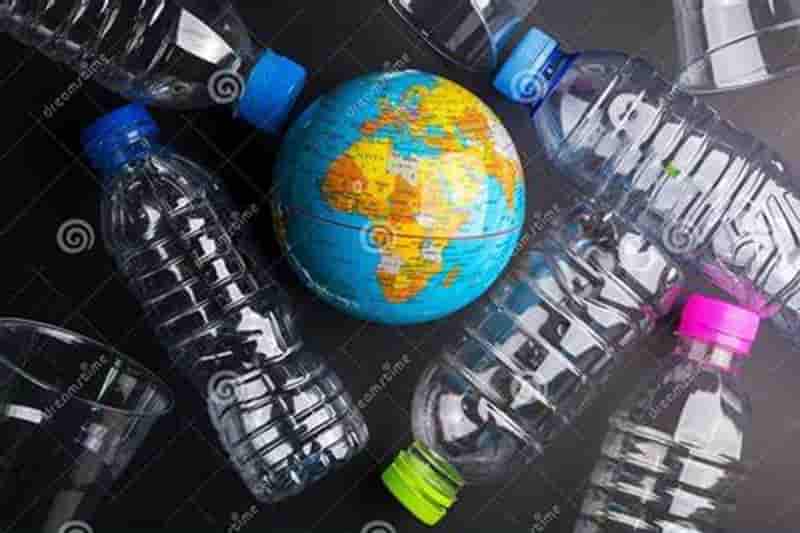
Rare-earths-free and environmentally friendlier
Renault pioneered electrically excited synchronous motors (EESMs) in production vehicles when it introduced ZOE in 2012. This know-how puts it in a position to supply an all-in-one architecture for the new E7A motor (to make it 30% more compact for equivalent power than the current motors equipping the Megane E-Tech electric and the Scenic E-Tech electric) and the rare-earths-free rotor technology (to shrink its Confidential C carbon footprint by 30%). Bio-based plastic
By using a wound rotor instead of permanent magnets, Renault is improving the engine’s output, securing its supply chain and avoiding reliance on countries that produce rare earths and magnets. Bio-based plastic
More power and efficiency
This third-generation motor will also help shorten battery charging times as the system will be built for 800 volts instead of 400 volts, the standard today. And the stator by Valeo will boost power and efficiency. The new E7A motor, as a result, will unleash up to 200 kW. It will also supply more power without consuming more electricity. And the E7A motor uses hairpin technology to assemble copper wires, a Valeo specialty since 2010.
At this stage, the engine is still under development. There are other stages to go through before it can reach serial life. The mass production of this new-generation engine will start at Renault Group’s Cléon factory at the end of 2027. Bio-based plastic
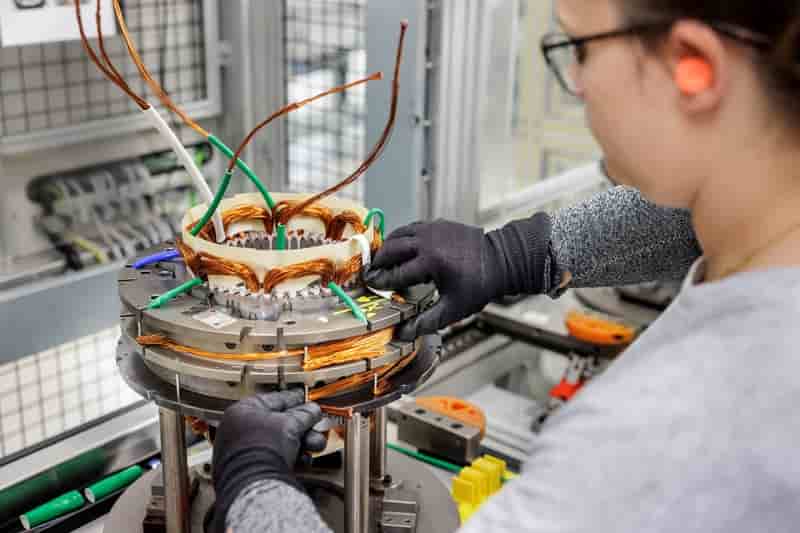
Honeywell exMorepands renewable fuels offering in Asia Pacifc
Global technology firm Honeywell is expanding the availability of its technologies and digital solutions to enable customers in the Asia Pacific region to produce renewable fuels from various renewable feedstocks.
The move is the result of Honeywell noting a “vital” need for operators to produce low-carbon fuels to support long-term decarbonisation across the Asia Pacific region.
Matt Spalding, Vice-President and Regional General Manager at Honeywell, said, “The ability to use various feedstocks is a transformational opportunity for this market. With UOP eFining™, Ecofining, ETJ and RTP technologies, Honeywell offers multiple routes to market to meet the rapidly growing demand for renewable fuels.”
Honeywell offers serval technologies for the production of renewable fuels. Earlier this year, gasworld sat down with Leigh Abrams, Renewable Fuels Senior Business Leader at Honeywell UOP, to speak about the company’s eFining™ technology.
Abrams explained that Honeywell started out by producing triglyceride-based feedstocks for renewable diesel, but then saw a big shift towards sustainable aviation fuel (SAF).
eSAFs combine green hydrogen (i.e., hydrogen produced in electrolysers from renewable energy and water) and carbon dioxide (CO2) to produce eMethanol, which can then be converted to a wide range of sustainable fuels. Bio-based plastic
In addition to supporting new assets, Honeywell also has the expertise to help retrofit existing refineries for renewable fuel production. This offers lower capital investment opportunities with a fast and cost-effective route to renewable fuels.
To support these objectives, Honeywell provides comprehensive digital solutions, featuring cyber-secure hardware and software technologies designed for day-one readiness, scalability, and seamless integration with legacy systems. Bio-based plastic
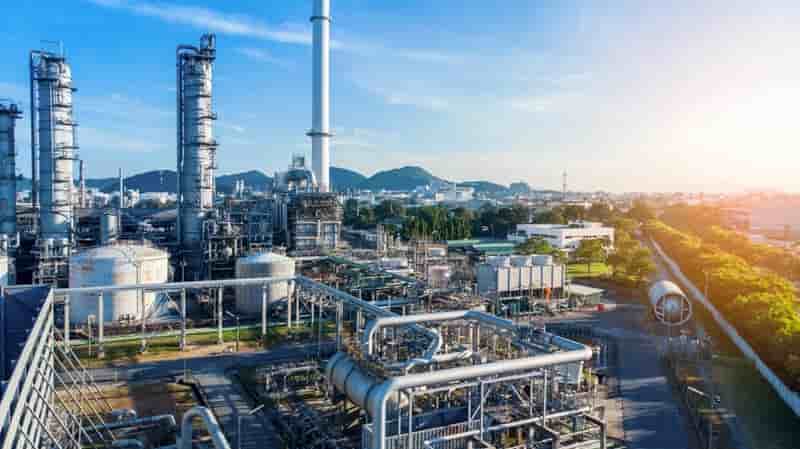
Stellantis to invest €1.5B in Leapmotor for 20% share; JV for products outside China; global EV relationship
Stellantis N.V.plans to invest around €1.5 billion in China-based Leapmotor to acquire approximately 20% of Leapmotor, making Stellantis a significant shareholder. The deal also outlines the formation of Leapmotor International, a 51/49 Stellantis-led joint venture that has exclusive rights for the export and sale, as well as manufacturing, of Leapmotor products outside Greater China.
This will be an industry-first global electric vehicle relationship between a leading automaker and a Chinese pure-play NEV OEM. Bio-based plastic
The partnership aims to further boost Leapmotor’s sales in China, the biggest market in the world, while leveraging Stellantis’ established global commercial presence to significantly accelerate Leapmotor brand sales in other regions, starting with Europe.
Stellantis intends to leverage Leapmotor’s highly innovative, cost-efficient EV ecosystem in China to help meet core Dare Forward 2030 electrification targets, with the possibility to further explore mutually beneficial synergies. The joint venture expects to begin shipments in the second half of 2024. Bio-based plastic
The two companies consider Leapmotor’s EV product offering to be complementary to Stellantis’ current technology and portfolio of brands and will bring more affordable mobility solutions to global customers. Stellantis will have two seats on Leapmotor’s Board of Directors and will appoint the CEO of the Leapmotor International joint venture.
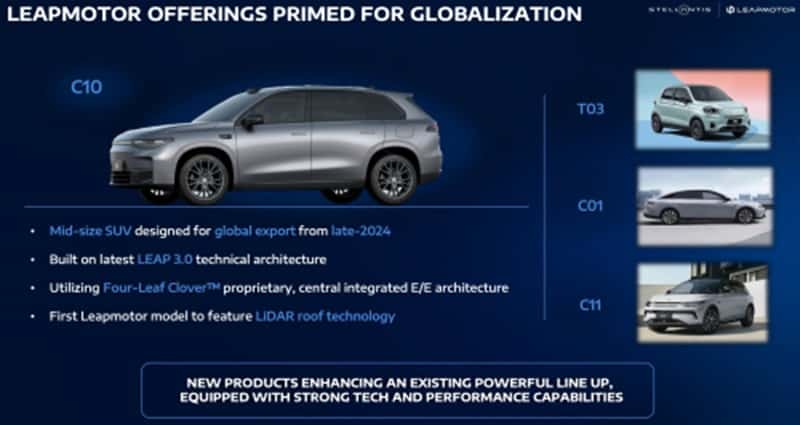
UBQ bio-based plastic recognised as one of TIME’s best inventions of 2023
The bio-based thermoplastic won in the “reuse & recycle” category of TIME magazine’s award
The company has developed and patented a closed-loop process, which converts garbage waste – including food waste, mixed plastics, cardboard, paper, and dirty diapers – into a sustainable raw material for the manufacturing of everyday goods across a multitude of industries. Bio-based plastic
The process works by breaking down the heterogeneous waste streams into their basic, natural components before reconstituting them to create a brand-new material. Around 70% to 80% of UBQ’s feedstock is broken down to its particulate constructs—lignin, cellulose, fibres, and sugars—and then reassembled and bound together into a matrix. The remaining 20% to 30% are mixed plastics that melt and bond into the matrix, creating a highly recyclable thermoplastic material.
According to a Life Cycle Assessment conducted by Quantis, every ton of UBQ produced diverts 1.3 tons of waste and prevents up to 11.7 tons of CO2 equivalent emissions. According to the manufacturer, that makes it ‘the most climate positive thermoplastic material on the planet’, it said on a statement. Bio-based plastic
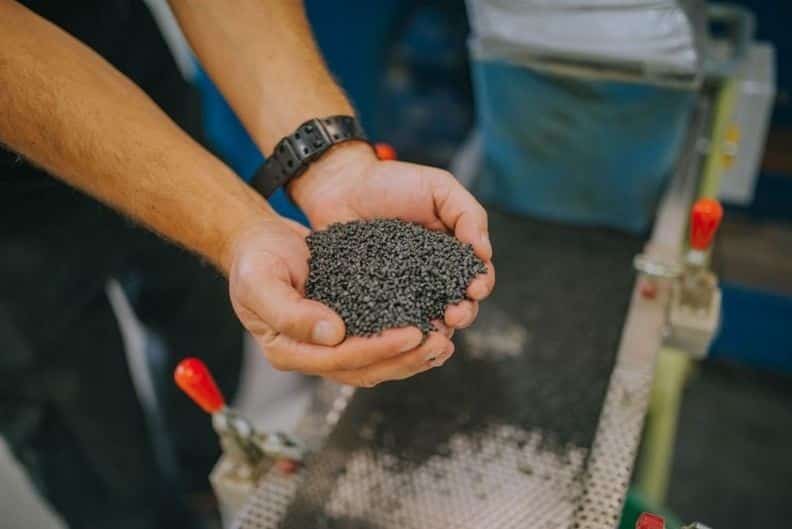
Article-Resin Price Report: Producers Looking for Third Straight PE Price Hike
PP contracts also are set for another price increase, which is now targeting around $0.06/lb.
The solid October start downshifted last week, as spot resin trading slowed, reports the PlasticsExchange in its Market Update. Polyethylene (PE) prices were steady to a penny higher, while polypropylene (PP) jumped $0.02/lb, reflecting rising monomer costs. Interest remained strong, but deals were harder to complete and transacted volumes at the PlasticsExchange trading desk slipped back toward the levels seen in the earlier part of the year. Bio-based plastic
Processors pull back
There was a lot more quoting than trading, and it seemed that some processors were just taking the temperature of market conditions, writes the PlasticsExchange. Demand for packaged truckloads outpaced railcars. This came after a previous surge in demand, including some precautionary buying following the Hamas terrorist attack against Israel and the potential for the conflict to expand regionally. Though volatile crude oil prices have remained elevated, keeping upward cost-push pressure on international resins, the export market seemed to lose a little of its upward momentum when prices came off their highs earlier in the month. Producers reportedly remain steadfast in their effort to implement a third straight $0.03/lb PE price increase, while PP contracts will endure another monomer-led price hike, which is now targeting around $0.06/lb. Bio-based plastic
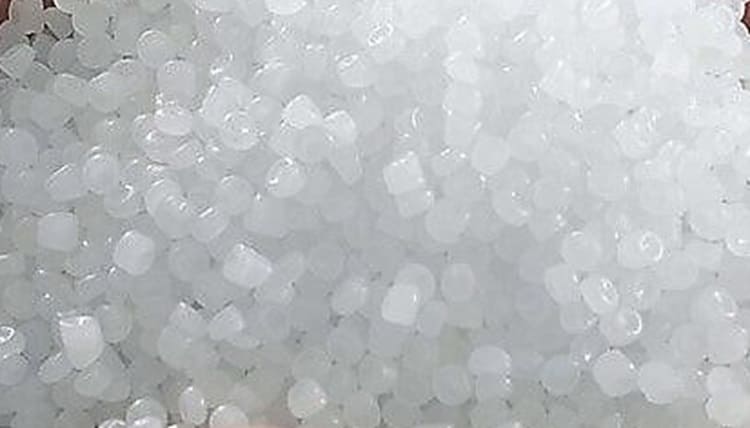
AIMPLAS is participating in the EcoeFISHent project with a vision of transforming fish gelatine and fishing nets into food and cosmetic packaging, respectively.
Global production from fisheries will reach 194 million tonnes by 2026, according to recent predictions, and around 20 million tonnes of raw material are thought to be used to produce fishmeal and fish oil. AIMPLAS believes that extracting bioactive compounds from residual, bio-based fish side streams is a cost-effective means of pursuing circularity in the fish industry. Bio-based plastic
The EcoeFISHent project is a European project seeking to preserve marine ecosystems and marine protected areas by streamlining the fish industry’s operational flows and establishing a regional reproducible cluster based on the bio, blue, green, and circular economy approaches.
This involves six multilevel and synergic circular value chains valourizing waste, pre-treating and extracting bio-active components, and recycling end-of-life fishing gear from fisheries and aquaculture for use in packaging, food, automotive, and agricultural applications.
It is set to use gelatine from side streams of fish processing to produce a compostable, gas-barrier biopolymer coating to package oxidation-sensitive food like meat, cheese, and fish itself. Bio-based plastic
In scaling up to industrial pilot production, the process is hoped to achieve true sustainability while also offering functionality and ‘nonharmful utility’.
Moreover, AIMPLAS will extrude the polyethylene recovered from fishing nets and put it through further injection moulding and lamination processes to create cosmetic packaging. A collection, recovery, and recycling programme for abandoned fishing nets, as well as a sustainability-minded fishing programme, hope to contribute towards this goal.
International research centres and up-and-coming technologies and processes are coming together between thirty-four partners in seven countries. The initiative is coordinated by FILSE spa, the Financial body for Economic Development of the Ligurian regional administration, and funded by the European Union’s Horizon 2020 research and innovation programme under grant agreement ID 101036428. Bio-based plastic
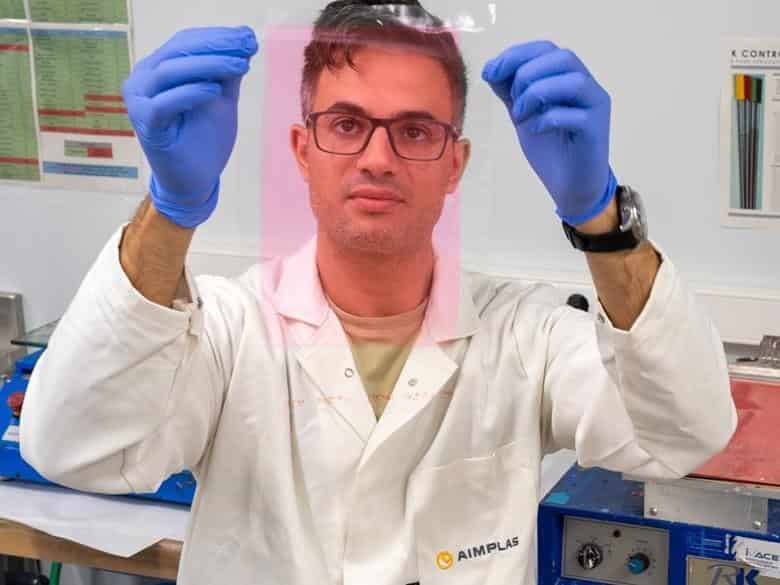
Bio-based plastic
